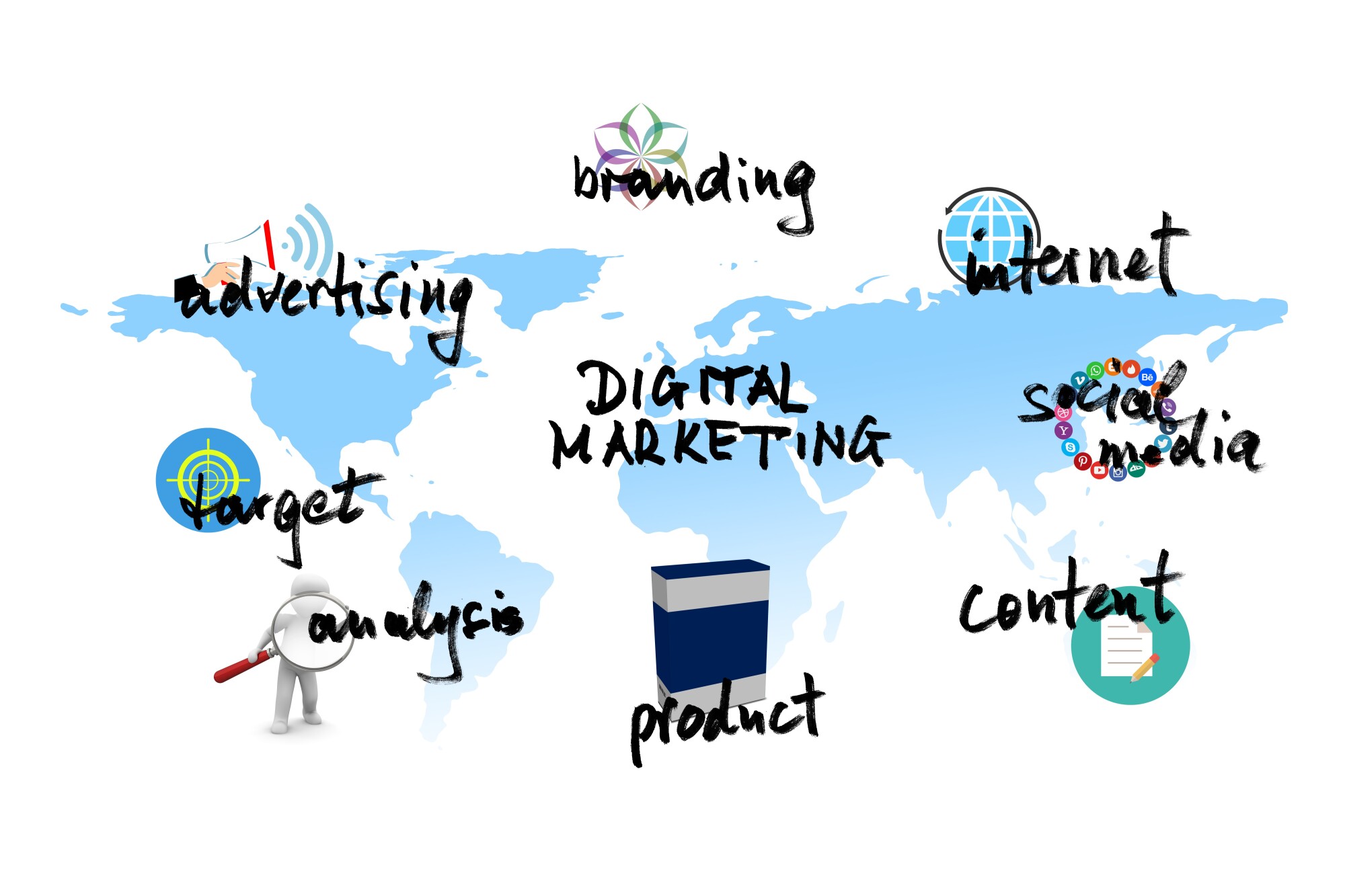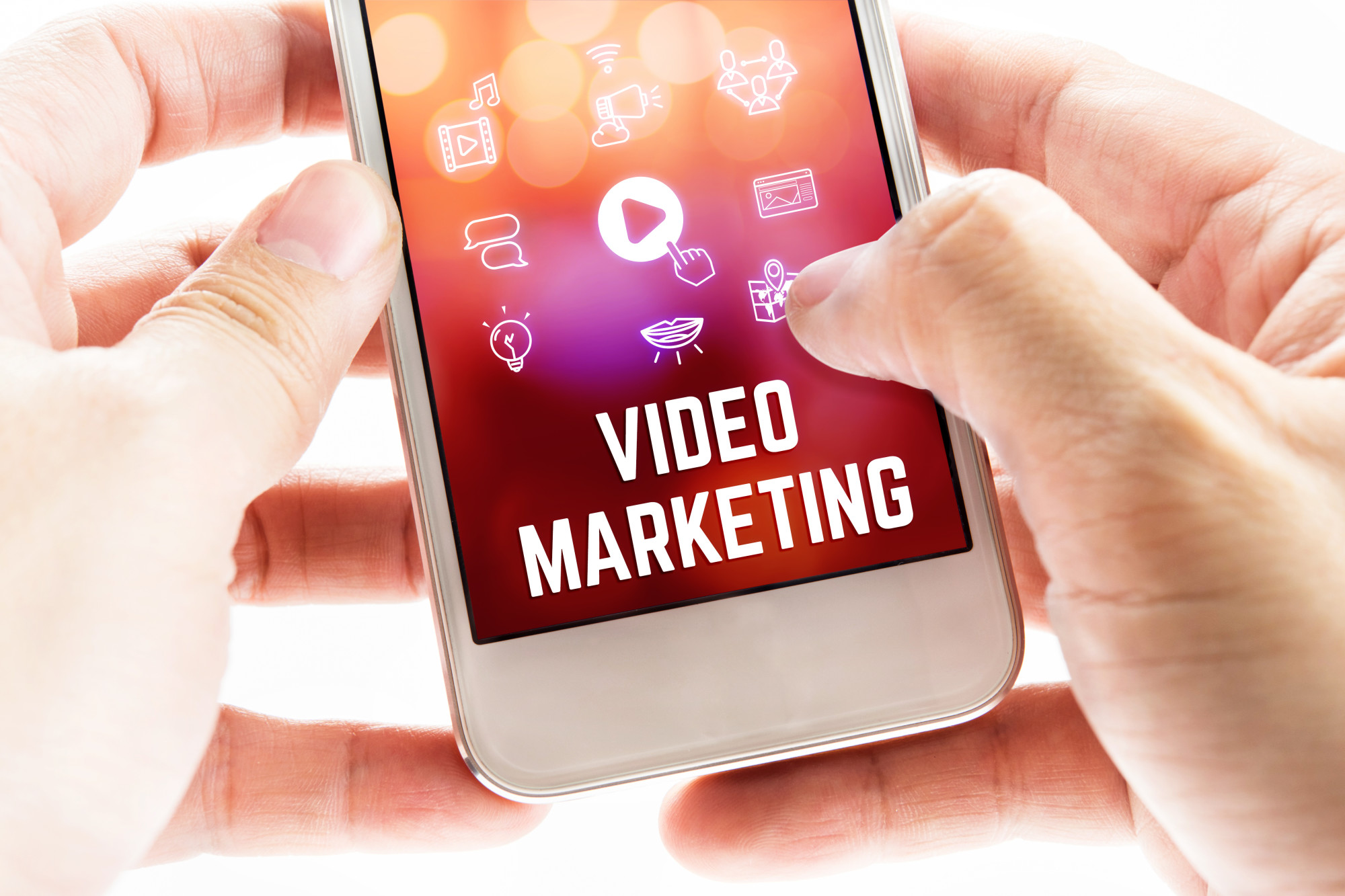Did you know that anywhere between 71 and 92% of people don’t go past the first page of Google results after making a query?
Because this is such a high statistic, it’s critical that you invest in ways to boost your business website into these top rankings. An effective search engine optimization (SEO) campaign is the best way to gain visibility, get clicks, and make sales.
But how does SEO work, exactly? Read on for an easy-to-understand guide to SEO that will help you launch the best marketing campaign your business has ever used.
What Is Search Engine Optimization?
SEO is an online marketing strategy that boosts a webpage up in the rankings on Google and other search engines. The user manipulates aspects of their webpage to make it more appealing to search engine crawlers and users alike.
But how does SEO work?
When Google crawlers (also known as spiders) see that your page has relevant information regarding specific keywords and topics, they believe you to be an authority on these subjects. As a result, they’ll place you more highly in search engine results pages (SERPs) so that people see your page when they make a relevant query. This will gain you visibility with the audience that you had in mind when you optimized your site.
SEO is also cyclical. When people see your well-ranking webpage, click on it, browse for a while, and hopefully make a purchase, crawlers will see that users are enjoying your webpage. Because the goal of these bots is to display the most relevant and credible information, your page will be pushed up in SERPs even further (or maintain its ranking if it’s already in the highest position).
On-Page vs Off-Page SEO
In order to get website traffic quickly and efficiently, you’ll need to invest in both on-page and off-page SEO strategies. On-page SEO is also known as on-site SEO because it talks about things that you change on your website itself. On the other hand, off-page (or off-site) SEO refers to manipulations that you do on other websites/platforms to boost the visibility of your official site.
On-Site Strategies
One of the most common on-site SEO strategies that you need to implement is keyword research. You need to find relevant words and phrases that people might search when looking for your product and include these potential queries as keywords throughout your blog posts. Keywords can also be embedded in HTML and video descriptions to maximize their impact.
Other on-page SEO strategies include:
- Including quality content in blog posts, videos, etc. that people actually want to engage with
- Making sure to update your site frequently (so that crawlers see you’re still relevant)
- Editing titles, descriptions, headers, and meta/alt tags on your website’s HTML to incorporate keywords
- Ensuring that your page has fast load times
- Using em tags and strong tagging/search systems to keep people from bouncing
- Indexing each page within your website
Off-Site Manipulations
The main off-page SEO manipulation is the insertion of high-quality backlinks into your posts. Backlinks are embedded within a post using a 2-5 word phrase as an anchor text.
These links should be to other relevant sites that are not competitors because they establish a link between your site and one that already ranks. Crawlers will see that you’re connected to these sites and determine that you’re credible as a result.
Here are some other off-page SEO strategies:
- Creating inbound links to your webpage on social media platforms to drive traffic from other sites
- Purchasing guest post packages so that your page can be used as a backlink in another company’s posts (therefore encouraging inbound traffic from other sites)
- Creating a quality online reputation with good reviews, likes and shares, etc
- Updating your page frequently to ensure that there are no broken links
- Claiming your Google My Business (GMB) listing
Why Is It Essential for Your Website?
Now that you know what SEO is, you likely are asking: ‘why is SEO important?’
The first reason to invest in SEO is, of course, that it boosts your visibility. If people don’t go past the first page and don’t see your site, they’re never going to know you exist. They won’t invest in your top-notch services and instead will head off to your competitors having never heard of you.
You also need to have good SEO because it makes your page more engaging. You only have 15 seconds to captivate your target audience. If you’re unable to do so, they’ll bounce (and make your site look boring and irrelevant to crawlers).
Since a big part of SEO is the creation of quality content, you don’t need to worry about this happening when you purchase a high-level SEO package.
Another reason that you need SEO is simply that your competitors are using it. If you don’t make this investment but your competitors do, you won’t have the chance to rank for any high-volume queries. SEO helps to keep you competitive within your industry so you aren’t run off the market within your first year of operation.
Boost Your Web Traffic Today
SEO is one of the most important aspects of digital outreach. However, having a well-rounded marketing campaign complete with direct emails and social media is essential to making the most out of your SEO. That’s why it’s time to begin getting more clicks on your website.
Check out the ‘social media for business’ tab on our home page for strategies that you can use in conjunction with your SEO campaign. Here, you’ll get some ideas on how to reach your target audience via platforms like Facebook, Twitter, and LinkedIn, so start browsing ASAP!







